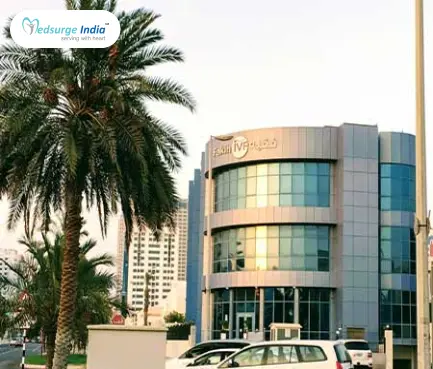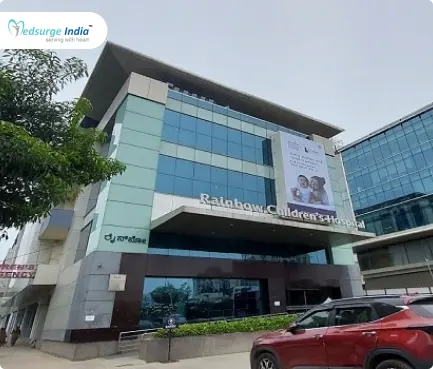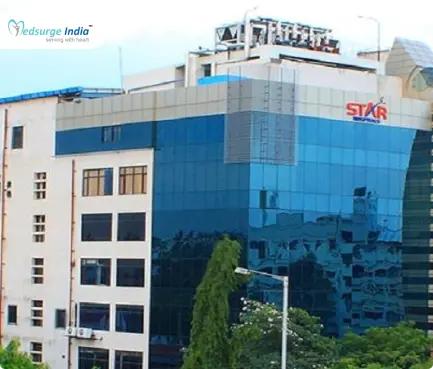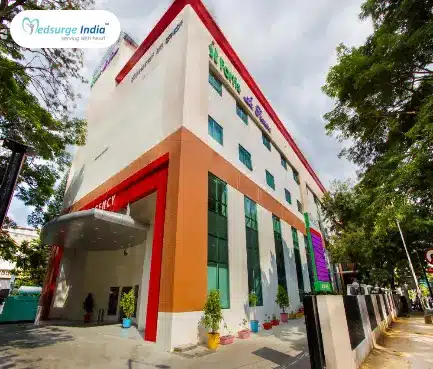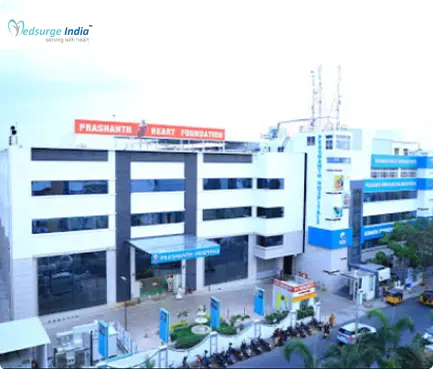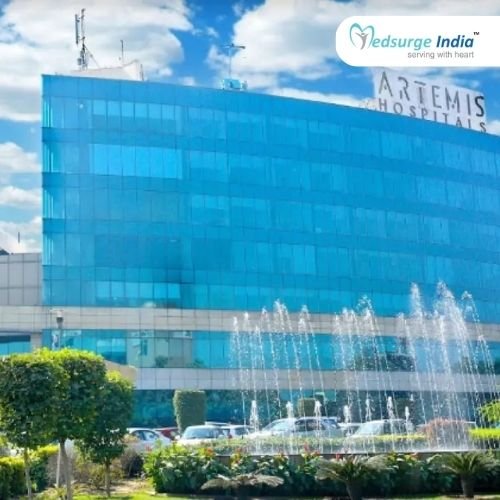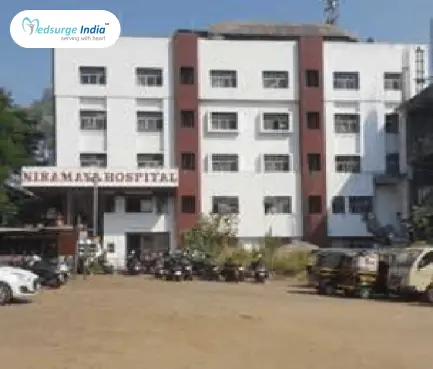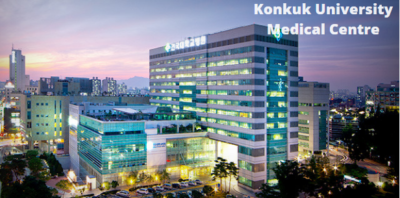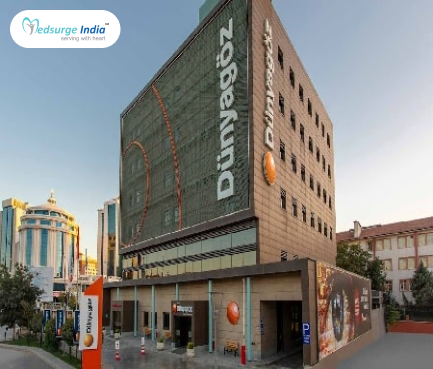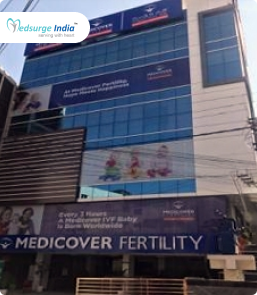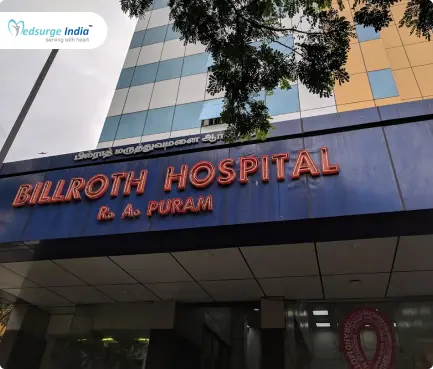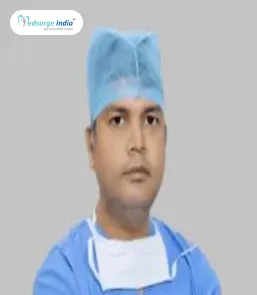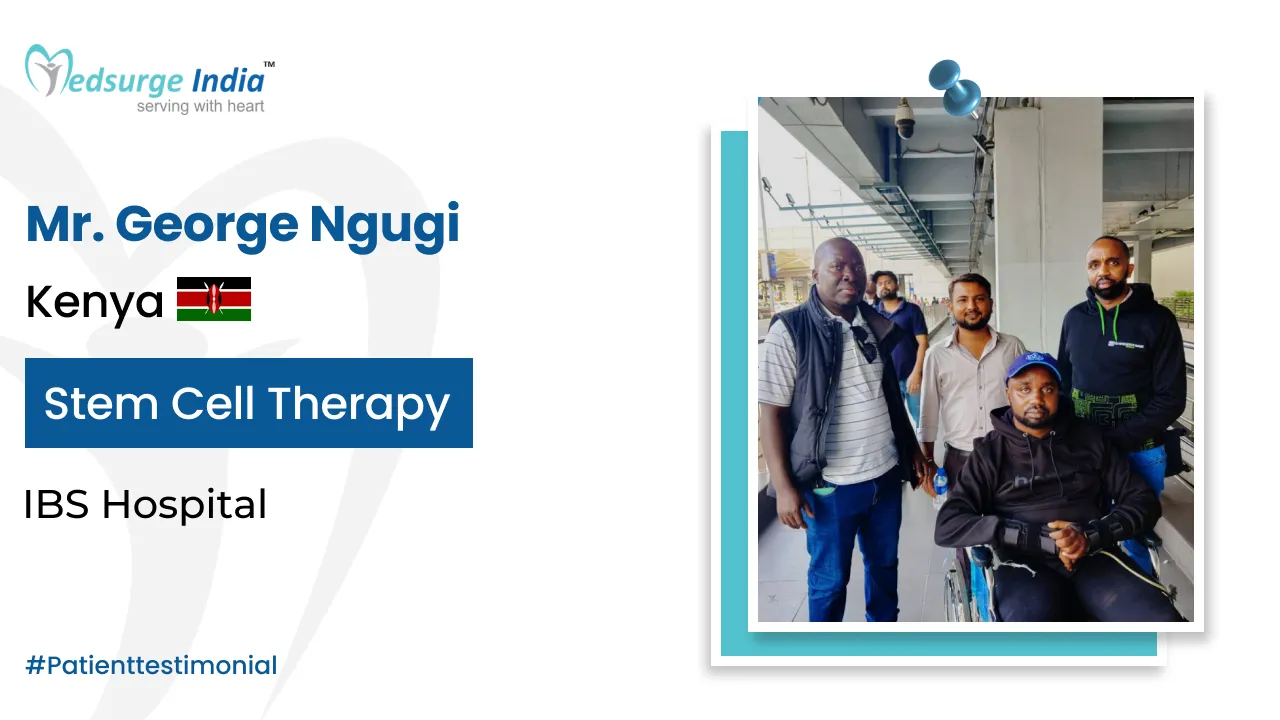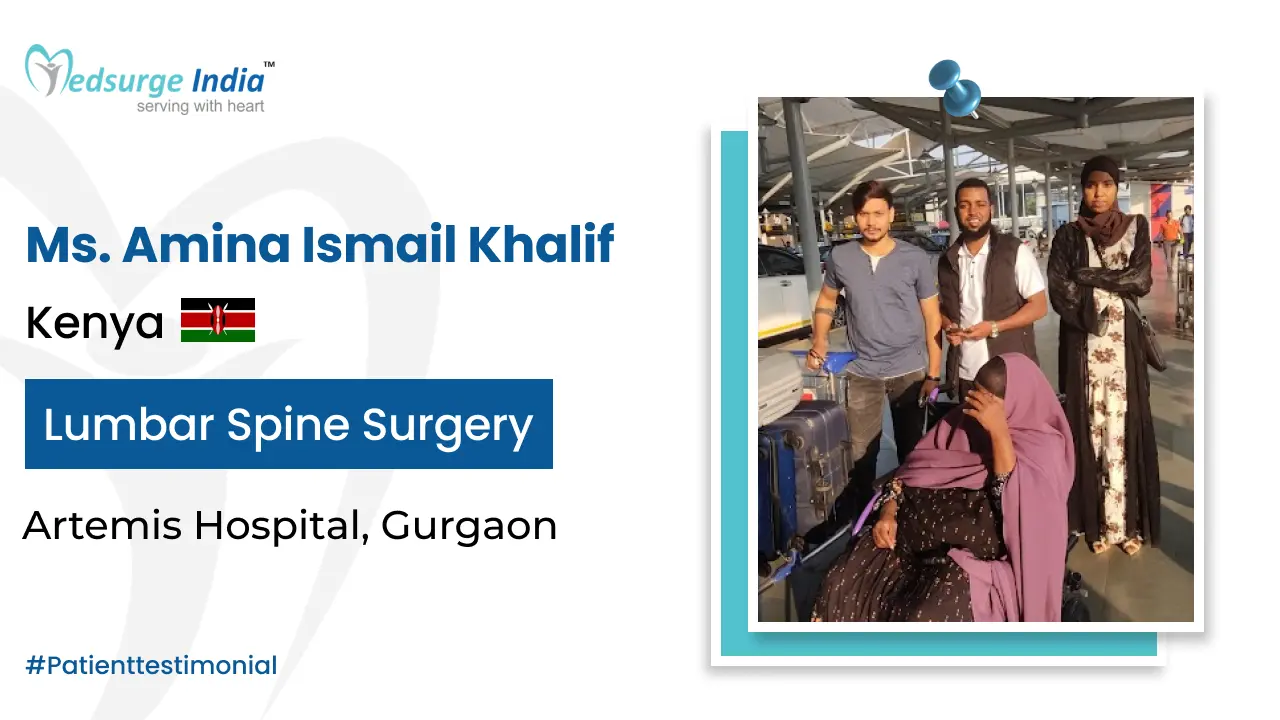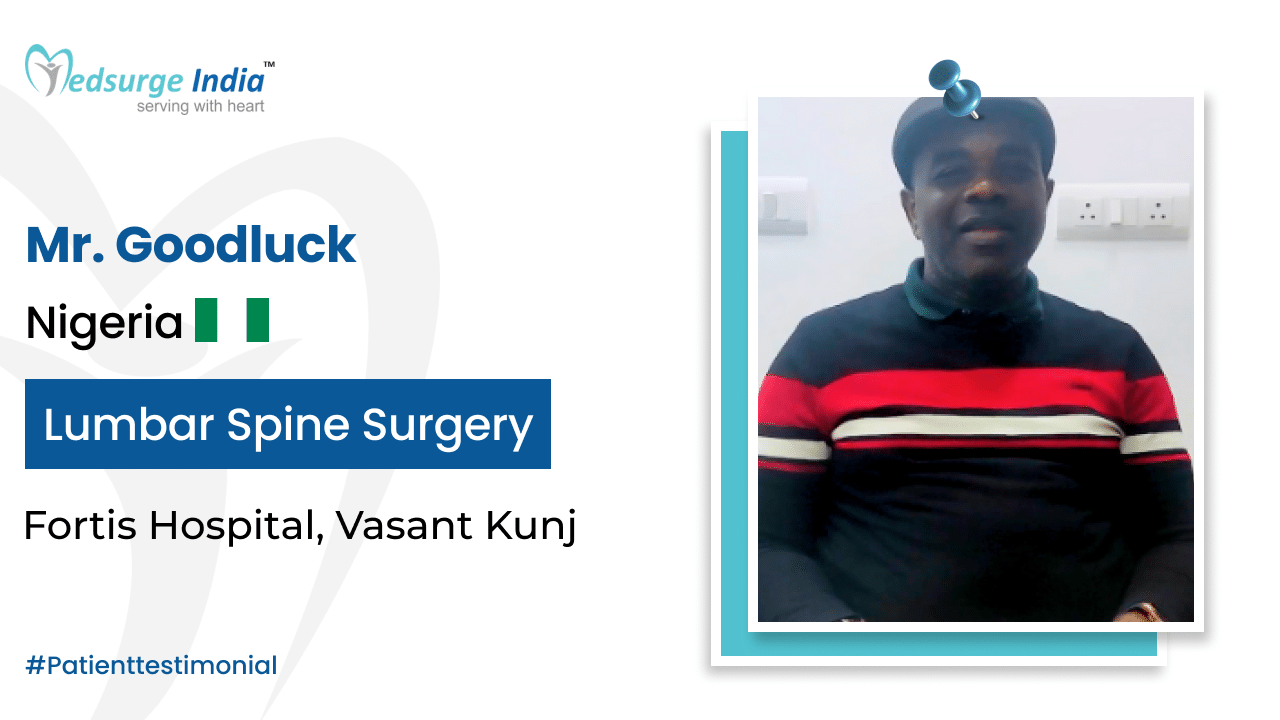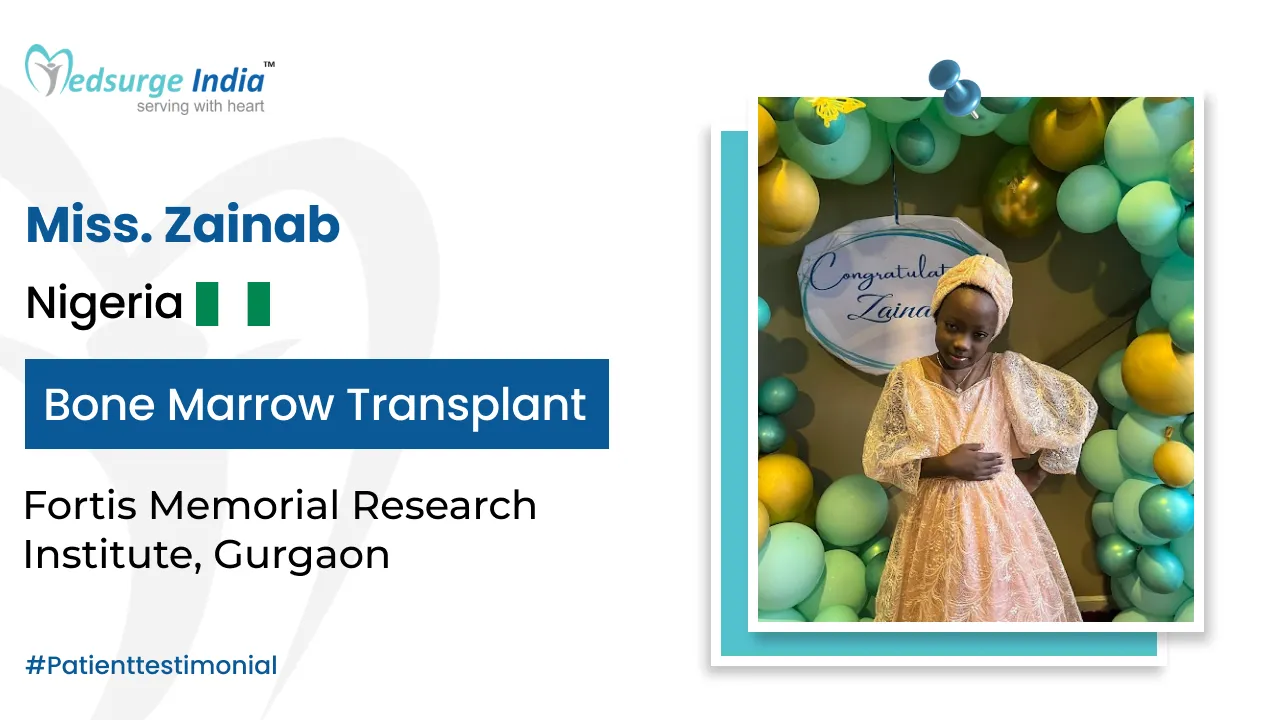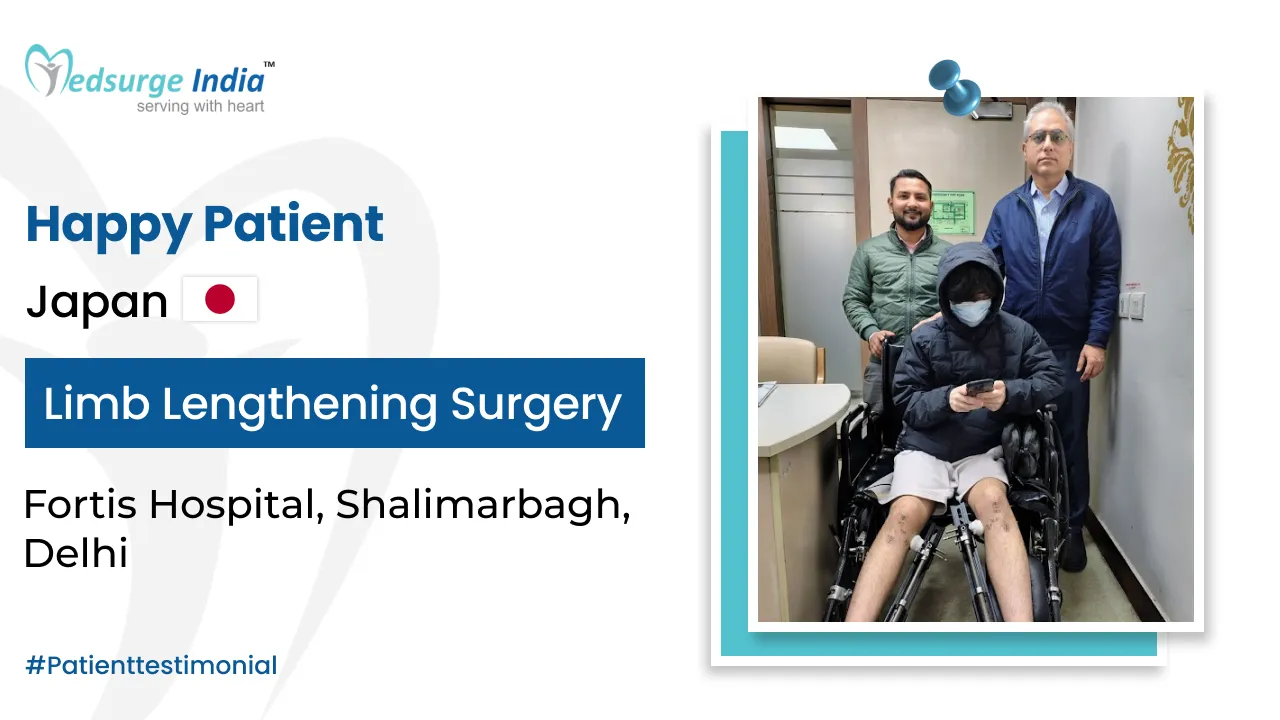
What is Epilepsy?
Epilepsy is a neurological condition in which brain activity becomes aberrant, resulting in seizures or episodes of disturbing behavior, feelings, and occasionally loss of awareness.
Epilepsy can be caused by a genetic condition or an acquired brain injury such as a stroke or trauma.
A person has anomalous behavior, symptoms, and sensations during a seizure, which might include loss of consciousness. Between seizures, there are few symptoms.
Epilepsy is normally treated with medicine, however, it can also be treated with surgery, gadgets, or dietary modifications in some circumstances.
What Are the Causes of Epilepsy?
Seizures that are more severe can produce muscle spasms and involuntary twitches, and they can last anywhere from a few seconds to several minutes. Some people become disoriented or lose consciousness after a stronger seizure. You may have no recollection of what happened afterward.
You could experience a seizure for a variety of causes. These are some of them:
- Head Trauma
- High Fever
- Extreme low blood sugar
- Withdrawal due to alcohol
- Bleeding or Hemorrhage of the Brain
- Brain Tumor
- Abnormal Blood vessels in the Brain
- Birth defects in the brain
Epilepsy Surgery Cost in India
The average Epilepsy Surgery Cost in India starts from USD 3,000. The treatment will vary depending on the patient’s condition. There can be various treatments for epilepsy and the pricing of the treatment will vary depending on all these factors.
Epilepsy Surgery Cost in Different Parts of India
| Cities | Starting Price |
| Delhi | USD 3,000 |
| Gurgaon | USD 3,000 |
| Noida | USD 3,000 |
| Mumbai | USD 3,200 |
| Hyderabad | USD 3,000 |
| Chennai | USD 3,000 |
| Kolkata | USD 3,000 |
| Bangalore | USD 3,300 |
Please keep in mind that prices of Epilepsy Surgery Cost in India will vary depending on the various factors.
Factors That Can Affect Epilepsy Surgery Cost In India
The following here are some variables that can affect Epilepsy Surgery Cost in India:
- Medication costs.
- Duration of treatment.
- Geographical location.
- Hospitalization expenses.
- Government policies and subsidies.
- Medical tourism packages.
- Hospital reputation and infrastructure.
- The expertise and experience of medical professionals.
- The type and frequency of diagnostic procedures.
- The choice of treatment modality.
Even after eliminating the cost of hotel, meals, and transportation, the caliber and grade of medical care and amenities are on par with that of the world’s most renowned healthcare centers. Patients can receive the lowest Epilepsy Surgery Cost in India from Medsurge India.
What Are The Symptoms of Epilepsy?
Seizures can damage any process that your brain coordinates since epilepsy is caused by aberrant brain activity. The following are some of the signs and symptoms of Epilepsy:
- Temporary uncertainty
- A staring spell
- Muscle spasms
- Jerking movements of the arms and legs that are uncontrollable
- Consciousness or awareness loss
- Fear and anxiety are psychological symptoms
The severity of the symptoms varies based on the type of seizure. A person with epilepsy will, in most situations, experience the same sort of seizure every time, therefore the symptoms will be consistent from incident to incident.
Doctors divide seizures into two types: focal and generalized, depending on how and where the abnormal brain activity occurs.
Know About – Top 10 Neurosurgeons in India
Get Free Cost Estimation
Procedure
How Diagnosis of Epilepsy is Done?
A type of brain condition epilepsy is usually diagnosed via a multi-step procedure. The steps in this method are usually as follows:
- Medical history, blood tests, and other clinical tests and neurological exams such as EEG, CT scan, functional MRI, SPECT, and PET imaging are used to confirm epileptic seizures in patients.
- The type of seizure that the patient is having is determined by the results of the tests.
- To determine the cause of epilepsy, a clinical examination is performed.
- On the basis of the foregoing findings, the most appropriate therapy is chosen.
What is Epilepsy Surgery?
Epilepsy surgery refers to a variety of brain surgeries aimed at reducing epileptic episodes. Some techniques have the potential to entirely eliminate seizures for years.
Epilepsy surgery involves removing a portion of the brain from which seizures occur.
When seizures occur in a single region in the brain, epilepsy surgery is most successful. When at least two anti-seizure drugs have failed to control seizures, epilepsy surgery is considered as a last resort.
To assess whether you are eligible for epilepsy surgery and how the procedure is performed, a variety of pre-surgical tests are required.
The success rate of brain surgery for epilepsy is very high. It has the potential to improve your quality of life significantly.
Types of Epilepsy Surgery
Epileptic seizures are caused by aberrant brain cell activation (neurons). The kind of surgery required is regulated on the location of the neurons that cause the seizure and the patient’s age.
Epilepsy brain surgery can be very different from one person to the next. There are several forms of surgery that can be used to treat it, including:
Resective Surgery:
The removal of a small fragment of the brain is the most common epilepsy surgery. The surgeon removes brain tissue from the area of the brain where seizures occur, which is usually due to a tumor, brain damage, or abnormality. The temporal lobes, which control visual memory, language understanding, and emotions, are the most common targets for respective surgery.
LITT (laser interstitial thermal therapy):
It is a minimally invasive procedure in which a laser is used to identify and destroy a small piece of brain tissue. The surgeon utilizes magnetic resonance imaging (MRI) to direct the laser.
Hemispherectomy:
It is a technique that involves removing one side (hemisphere) of the brain’s folded grey matter (cerebral cortex). This operation is normally reserved for children who have seizures originating from many sites in one hemisphere, which is frequently the result of a disease present at birth or in early childhood.
Corpus Callosotomy:
It is a surgery that removes all or part of the portion of the brain that links the right and left sides of the brain’s nerves (corpus callosum). This is most commonly utilised with youngsters who have aberrant brain activity that spreads from one side to the other.
Suggestion
People whose epilepsy originates in a specific area of the brain and does not respond to medicines may benefit from epilepsy surgery. Various procedures may be beneficial, and a neurologist can advise on the best solutions based on the individual’s needs.
Infection, hemorrhage, and scarring are all risks of brain surgery. Certain cognitive skills can be temporarily altered by epilepsy procedures, although these abnormalities can sometimes become permanent. Before undertaking a surgical treatment, it is critical to consider the benefits and risks with a medical team.
Helpful – Brain Tumor Surgery Cost in Turkey
The Most Important Frequently Asked Questions
Q: Can Surgery Cure Epilepsy Permanently?
A: A temporal lobectomy is the most common type of reconstructive surgery. It’s the most effective type of epilepsy surgery. It may help you experience fewer seizures while also lowering your chance of lasting brain damage.
Q: Why Do People Get Epilepsy?
A: When epilepsy strikes older people, it’s often the result of another neurological problem, such as a stroke or a brain tumor. Genetic disorders, past brain infection, prenatal traumas, and developmental issues are some of the other causes. However, roughly half of patients with epilepsy have no known causes.
Q: What Part of the Brain Is Cut to Treat Epilepsy?
A: When anti-seizure drugs don’t work, corpus callosotomy is used to treat epilepsy seizures. The surgery entails severing a band of fibres in the brain called the corpus callosum. After that, the nerves are unable to convey seizure signals between the two parts of the brain.
Q: What Are the Side Effects of Epilepsy Surgery?
A: Memory problems, partial blindness, depression, and other emotional issues are all possible side effects of this type of surgery. These dangers will differ from person to person, and in some circumstances, they may only be transitory. After epilepsy surgery, some people’s memory and mood may improve.
Q: Can You Lead a Normal Life with Epilepsy?
A: Most people with epilepsy live a full life. However, the risk of early death is higher for some. We know that the best possible seizure control and living safely can reduce the risk of epilepsy-related death.
Top Hospitals for Epilepsy Surgery in India
Top Doctors for Neurology And Neurosurgery
Dr. Anil Venkitachalam
Consultant
Experience: 16 years of experience
Fortis Hospital, Mulund, Mumbai
Mumbai, India
Dr. Paritosh Pandey
Consultant
Experience: 21 years of experience
Manipal Hospital (Old Airport Road) Bangalore
Bangalore, India
Dr. Chandran Gnanamuthu
Senior Consultant
Experience: 38 years of experience
Fortis Hospital, Bangalore (Bannerghatta Road)
Bangalore, India
Dr. Sitesh Das Gupta
Senior Consultant
Experience: 46+ years of experience
Narayana Superspeciality Hospital, Shibpur, Howrah
Howrah, India
Dr. Chendilnathan B
Senior Consultant
Experience: 26 years of experience
Apollo Spectra Hospital, Chennai
Chennai, India
Dr. Anish Kumar Gosh
Consultant
Experience: 20 years of experience
Medica Superspecialty Hospital
Kolkata, India
Dr. Keyur C Shah
Consultant
Experience: 37 years of experience
Nanavati Super Specialty Hospital Mumbai
Mumbai, India
Dr. Arun Sharma
Senior Consultant
Experience: 19 Years
Indian Spinal Injuries Center, New Delhi
New Delhi, India
Dr. Rakhil Sureshbhai Yadav
Senior Consultant
Experience: 20+ years of experience
Narayana Multispeciality Hospital, Rakhial, Ahmedabad
Ahmedabad, India
Dr. Arijit Chattopadhyay
Consultant
Experience: 35 years of experience
AMRI Hospital, Kolkata (Mukundapur)
Kolkata, India
Dr. Ajay Kurve
Consultant
Experience: 20 years of experience
Wockhardt Super Speciality Hospital Nagpur
Nagpur, India
Dr. Umesh T
Consultant , MBBS, DM, MD, DNB
Experience: 28 years of experience
Continental Hospitals, Hyderabad
Hyderabad, India


